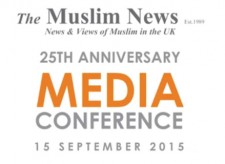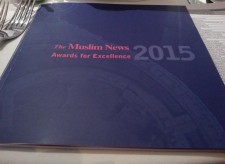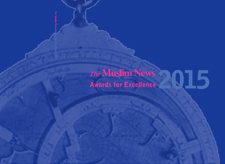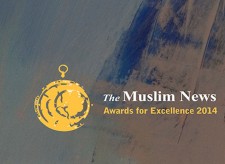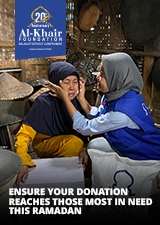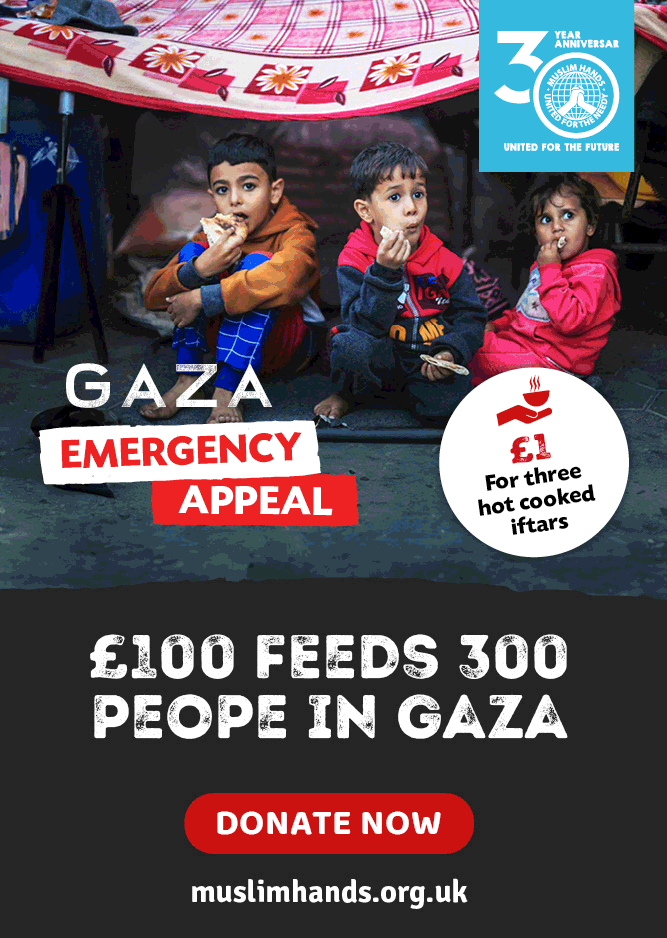(Creative Commons)
Following the recent deadly Ebola virus outbreak in Africa, that began in 2013, there is hope that a vaccine that was trialled during the outbreak could herald a breakthrough in preventing the disease; with early results suggesting that the vaccine could be 100% effective. At the start of the Ebola outbreak in 2013, which began in Guinea in Africa, there was no proven drug or vaccine against the virus.
Containing the disease through quarantine and limiting transmission from human to human was the main defence against the virus spreading. However, stopping the movement of people, and hence the virus, is extremely difficult and Ebola soon spread into neighbouring Liberia, Sierra Leone and Nigeria – resulting in the largest recorded Ebola outbreak. More than 11,000 people died and nearly 28,000 have been infected.
Although several vaccines were in development at this time none were licensed for use. As the Ebola crisis widened and the virus continued to spread there was a desperate need to find a vaccine that could halt the spread of the disease and get the outbreak under control. It was decided that some of the most promising vaccines should be fast-tracked for trials in Guinea. With international support and cooperation, what would have taken years to complete in terms of clinical trials, was completed in a matter of months – and the results are extremely promising.
One of the trials involved a single dose of the VSV-ZEBOV vaccine, which was started by the Public Health Agency of Canada and then developed by the pharmaceutical company Merck. It combined a fragment of the Ebola virus with another safer virus in order to train the immune system to beat Ebola. Researchers gave the vaccine to thousands of people in Guinea who had close contact with an infected individual. This meant vaccinating family, friends and neighbours to create a ring of protection and stop the spread of the virus – a process called “ring vaccination”. Half of the sample group were given the vaccine immediately, while the other half were given the vaccine after a delay of three weeks. As data began to emerge it showed very high protection rates in those vaccinated immediately, and researchers decided this was the best strategy to adopt.
Early results from the trial have now been published in The Lancet by the World Health Organization (WHO), and show the vaccine had 100% effectiveness when given immediately. Although the vaccines effectiveness may change as more data comes in from further trials, the initial results are highly encouraging. The trial showed that nobody developed Ebola symptoms up to 10 days after being given the vaccine immediately after exposure. However, 16 cases in the delayed vaccination group developed symptoms (0.5%). While further analysis of the results is ongoing, officials at the WHO believe the effectiveness of the vaccine will end up being between 75% and 100%. Stressing the significance of the results so far they are referring to the vaccine as a ‘game changer’.
WHO Director-General, Margaret Chan, said the results, published online in the medical journal The Lancet, were an “extremely promising development”.
“This is going to be a game changer,” she told reporters. “It will change the management of the current Ebola outbreak and future outbreaks.”
The vaccine is not yet licensed for use, as further data on its effectiveness and safety will need to be reported and scrutinised before we know whether it could be licensed and widely adopted. Other trials are being conducted in Liberia and Sierra Leone. Other vaccine trials are also ongoing – notably from GSK and Johnson & Johnson – although as the number of cases continues to fall it is becoming increasingly difficult to prove how effective they are.
So far though the results are very encouraging and the medical charity Doctors without Borders, which has led the fight against Ebola in West Africa, is now calling for VSV-ZEBOV to be rolled out to the other centres of the outbreak, Liberia and Sierra Leone, where it says it could break chains of transmission and protect front-line health workers.
The current Ebola outbreak is the largest recorded outbreak of the disease, lack of any treatments and vaccines meant it was hard to contain. The hope now is that the legacy of this unprecedented outbreak will be a vaccine that means a tragedy of this scale can never be repeated. Ebola will inevitably come again but it is hoped that the vaccines trialled in this outbreak will be able to stop the spread of the virus and save many lives. This could be the breakthrough the world has been waiting for.
Rachel Kayani



